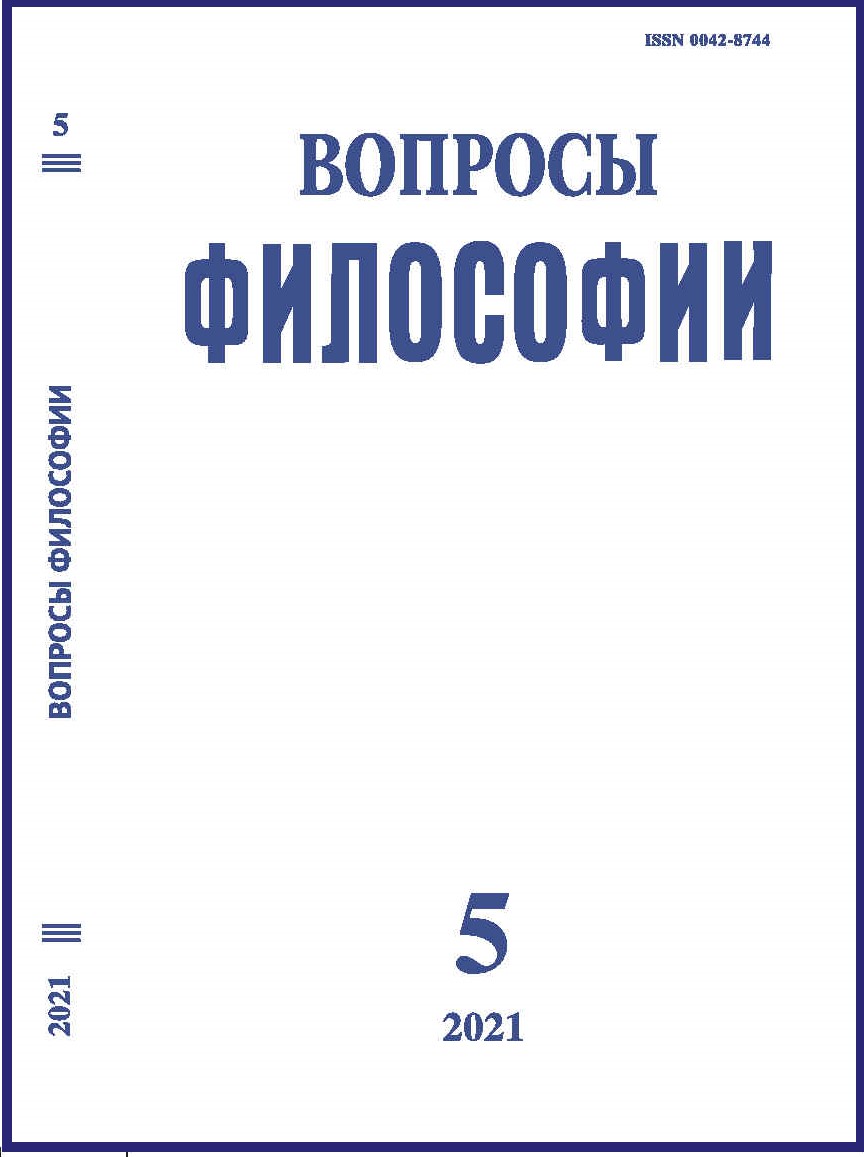Immanent Transcendence in Western and Chinese Philosophy
DOI:
https://doi.org/10.21146/0042-8744-2021-5-169-181Keywords:
immanence, transcendence, affect, becoming, togetherness, spiritual practice, freedom as creativity.Abstract
The interest towards immanent reality indicates one of the most important landmarks in the modern history of philosophy. This turn presents a major challenge to philosophical reflection. It is practically impossible to discern immanence in its pure form and it is often suspected that in conjunction with transcendence it generates various forms of totalitarianism. Chinese philosophy provides a systematic and viable concept of immanence grounded in auto-affect of life and its creative potential. It transcends both empirical experience and thought but is accessible not through rational knowledge but by means of “self-abandonment” as an act of moral cultivation and spiritual enlightenment, essentially transindividual. The author explores various aspects of immanence in Chinese thinking as well as its effects in Chinese culture, in particular the concepts of freedom and creativity. He claims, that the turn towards immanence is essential for the growth of truly global philosophy.

